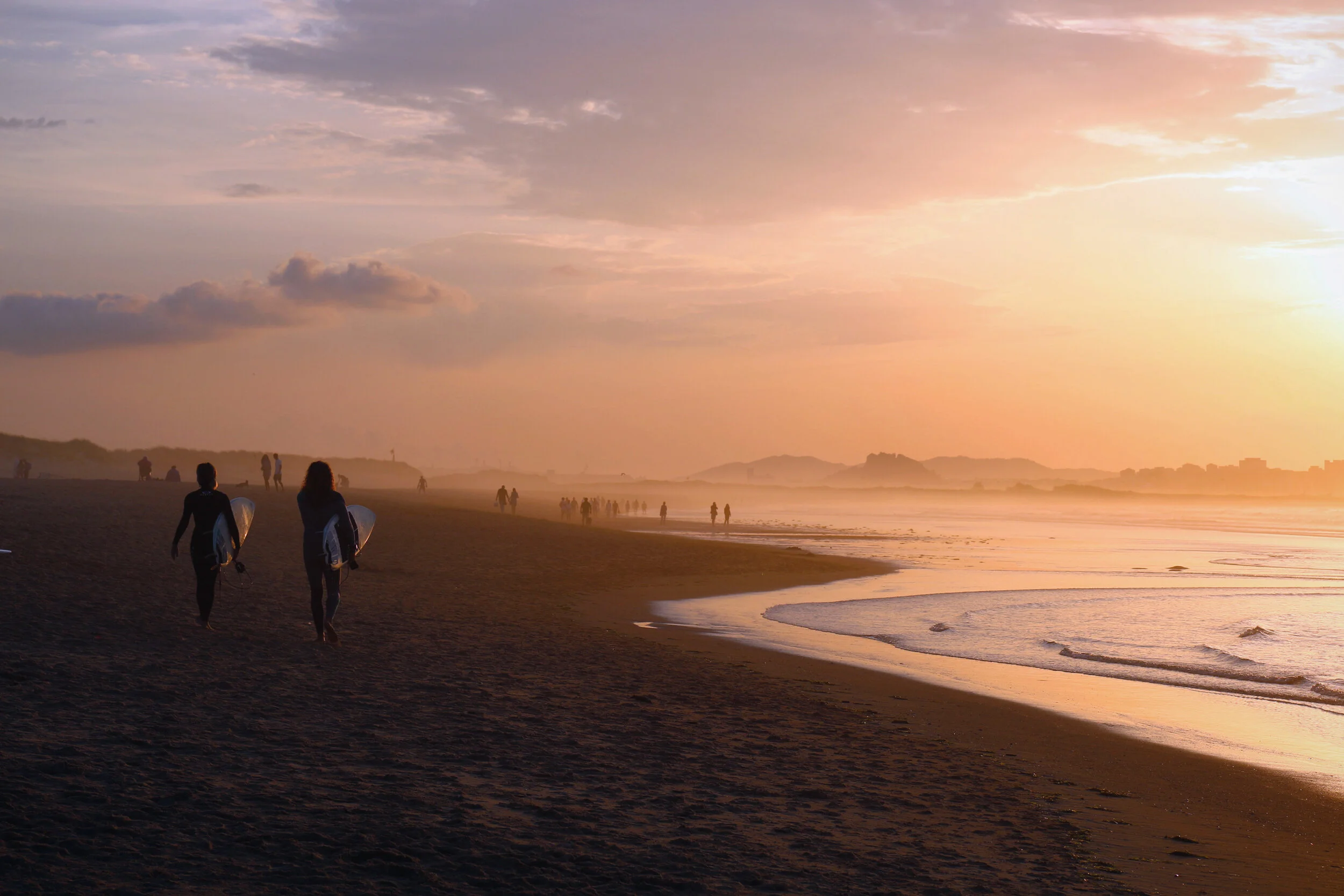Bombingham
It's August in Alabama, and the heat hangs over Birmingham like a verdict to a guilty man. The humidity is so thick you have to breathe through your mouth. Sauna heat. My three block walk to an ATM felt like 30. It was a mistake.
History has brought me to Birmingham. 15 sticks of dynamite, a Sunday school, and four dead young black girls, to be specific. Isn't this why you know Birmingham? The 16th Street Baptist Church. Segregation. The KKK. Martin Luther King Jr. 1963. The Civil Rights Act.
The textbooks left out that there were so many bombings against blacks in Birmingham between 1947 and that monstrous Sunday in 1963, that residents referred to it as "Bombingham". So prevalent in one neighborhood, it was nicknamed "Dynamite Hill".
Caddie corner from 16th Street Baptist, a bronze statue memorializes the four girls playing with doves. In the park, 20 steps away, another sculpture depicts two children standing behind bars with the words, "I ain't afraid of your jail". Further, another bronze depicts a policeman and his attack dog as it snaps at a young child. The most arresting sculpture stands near the end of the park. Two walls bracket a walkway, from them, snarling attack dogs leap out at you from staggered heights. Diabolically patched together from crude squares of metal, they force you to confront the inhumanity of Birmingham's scarred past.
As it happens, hours before I stepped into that oppressive summer heat, those deep wounds were reopened. A hundred miles away in a Montgomery court house, a verdict did hang over a guilty man. The last surviving church bomber, a Klansman, was denied parole. An onlooking group of NAACP members who filled the room, applauded the decision. Should he live to see it, the now 78 year old man` will be up for another hearing in five years.
Minutes before the bomb went off that fateful Sunday, the girls were changing into their choir clothes for a sermon titled, "A Love that Forgives.” What an appropriate homily, some five decades later, for Alabama and the rest of the United States.
